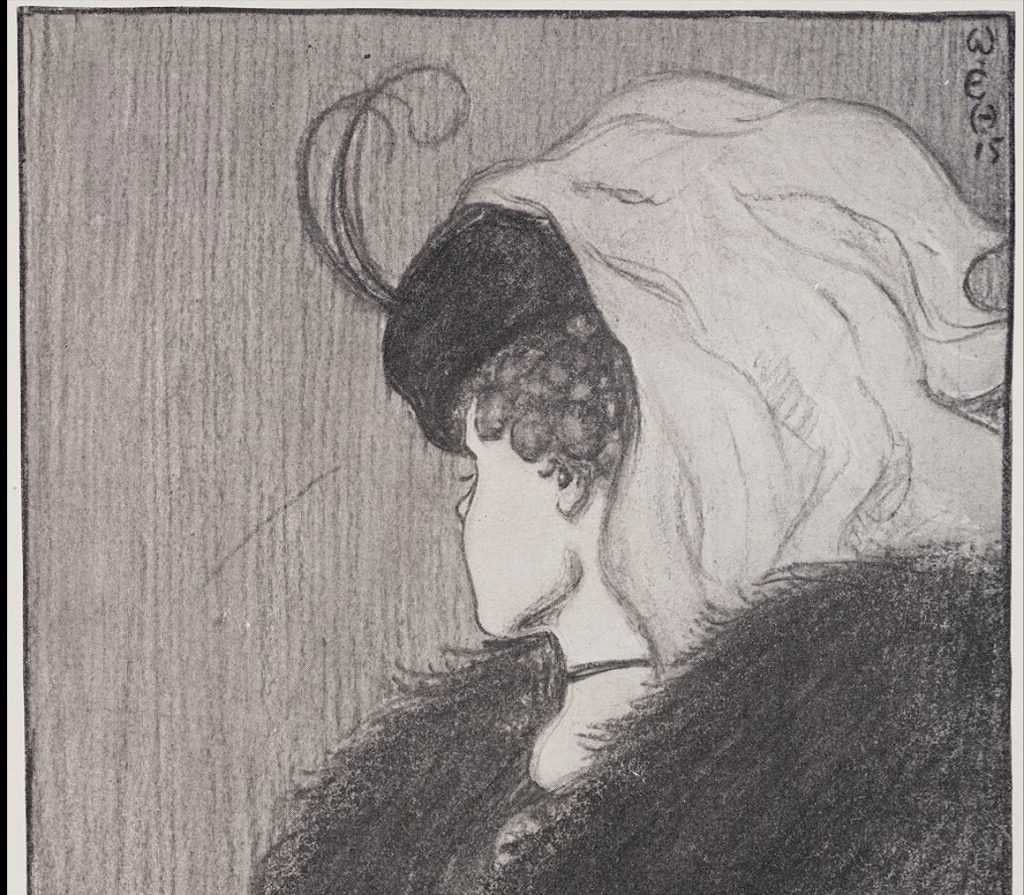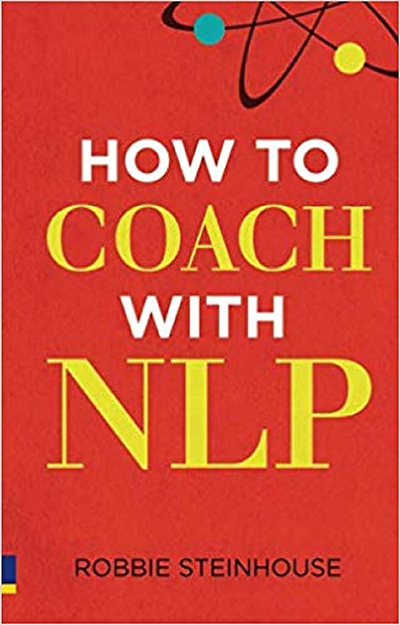How to Avoid Self-Sabotage and Binary Thinking
Human beings are naturally drawn to binary thinking. It helps us make sense of the world, which is large, confusing, and ultimately unknowable.
Instead, we prefer to believe that, in any given situation, something is either X or Y, with nothing in-between. Never X and Y.
This is because the human mind is bad at processing paradoxes. Think of optical illusions. It’s either a drawing of a beautiful young woman, or a caricature of an ugly old hag.
Try as you might, you can never convince your brain to see both at the same time.

This is how our mind works when it comes to beliefs too. If X is true, then Y must be untrue. It’s hard to believe that X and Y are true at the same time.
We apply this mind-set to many things, but most worryingly to the stories that we tell ourselves. “You can have success or love. Enjoy your job or make money doing it. You can either be introverted or extraverted.” Either, or. But never both.
In NLP, beliefs which are deeply held, but ultimately counter-productive to your goals and ambitions, are known as Limiting Beliefs.
These are the thoughts that we take for granted but which, ultimately, have no empirical basis in reality. Binary thinking is a kind of Limiting Belief.
How binary thinking causes self-sabotage
The world is made up of facts and opinions. It is by conflating the two that we run into problems.
Most of the beliefs that we think of as facts are actually opinions.
Someone once told you that you can either enjoy your job, or make money from it. You listened, and now, deep down, you believe it to be true.
But one person’s experience is not a fact. Multiple people’s experiences are not a fact either.
Facts are things that remain true, regardless of who’s talking. They are things like gravity, oxygen and the sun. Everything else is an opinion.
And it only takes one person’s experience to disprove an opinion.
This is how success stories are made. This is how lives are enriched and opportunities created.
Seeing people who weren’t there, in a reflective surface or otherwise, was once seen as a sign of delusion. Until Steve Jobs invented the iPhone. Human flight was the stuff of fairytales and magic. Until the Wright Brothers did it.
The universe is infinite. Perpetually expanding. By thinking in binaries and having fixed beliefs, we cut ourselves off from a whole world of potential.
Why choose a limited life in an unlimited universe?
What’s holding you back?
Understanding your binary thoughts isn’t enough, because there is another force at play. Confirmation Bias.
The theory of Confirmation Bias states that people only see things out in the world which support their existing beliefs. And unconsciously ignore everything that doesn’t.
Examples of this are everywhere.
Think back to a day when you felt bad about how you looked. You obsessed over it, right? It occupied your every thought. But something else was also happening. Something much more subtle, and much more instrumental to your happiness and well-being.
Thinking back carefully, you will realise that this was the day on which you noticed lots of attractive people all around you. The streets would have seemed unfairly lined with chiseled jaws and glowing faces.
This is the nature of Cognitive Bias. It makes feeling bad even worse.
Binary Thinking + Confirmation Bias = self sabotage
Limiting Beliefs, in the form of binary thinking, coupled with Confirmation Bias, inevitably leads to self-sabotage.
Think about it: you believe that you can either enjoy your work, or make money. You then seek out information in the outside world, to back up this belief.
In other words, you create a hypothesis. Then you prove it by viewing the outside world only through the lens of your hypothesis.
In doing so, you create a self sabotage loop, and prevent yourself from achieving what you want —in this case, to make money and enjoy your work.
How can you change this?
There is another way. By starting to hear and then question your limiting beliefs, you can dismantle them, and replace them with beliefs that actually support the life that you want to lead.
This, in turn, will change Confirmation Bias from your greatest enemy into your greatest ally — suddenly, the whole world will be reflecting your new, positive hypotheses back at you.
So how can you do this?
To start, let’s take a look at some common binary beliefs:
- That you can either have success, or love
- You can either be loved, or respected
- You can either be attractive, or smart
- Finding love/making money/being in a relationship is hard
The last one might not look like a binary belief, but it is. This is because the binary, in this case, is implied. For example, if being in a relationship is hard, then the binary you present to yourself is: you can either be in a relationship, or have an easy life.
You are still asking yourself to choose between two options, and ignoring the possibility of a third.
This is important to realise, because the first step to changing binary thinking, is to realise that you are doing it.
The next step is to dismantle that thinking, from the inside out.
The best way to do this is by challenging the binary thought. Ask yourself:
- Why can’t you have X and Y?
- When did you first hear this? Who from?
- What do you think the speaker’s bias might have been? Did they or someone they know have an experience to back up this belief?
Finally, think of the times in which the binary was disproved in your own life.
For example, for a long time I subscribed to the adage that relationships are hard. When I did this process on myself, I realised that I first heard this binary belief from my grandmother. When I thought deeper about her bias, I realised that, as a victim of domestic abuse and abandonment, herexperience of relationships was absolutely of something difficult — an obstacle to overcome, a constant stressor.
I then reflected on all the times when I had witnessed something different. I thought about the relationships between my parents and their current partners, which are stable, supportive and happy. Thought about the relationships of my closest friends, which are playful, easy and light.
By doing this, I was able to challenge the binary at its root. I provided a new belief for my Cognitive Bias to get hold of, and project out into the world.
Ultimately, this exercise helped me overcome my belief that relationships are hard and, eventually, experience it first hand for myself.
Reality does not exist until you have created it. The cliche is true — life is a canvas. When you were young, other people painted it for you. Now, it’s time for you to take control. Whitewash the parts of the canvas that no longer suit you, and start afresh.
Challenge your binary thoughts. Because there is always a third option.
About the Author
Sophie Leane is a guest contributor to The NLP School on Medium and the NLP School blog. You can also find her writing on Medium HERE.
Did you like this post?
Try one of our Events or Open Days!
Where to find us
For posts, events, free open days and more, follow NLP School on:
What to read next
Improve Your Confidence With NLP









